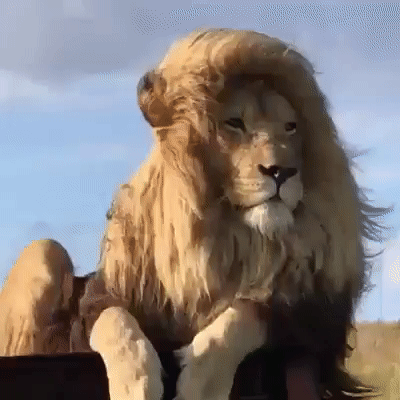Opportunity Cost
$
When I studied finance in college a very important principle was opportunity cost.The standard definition is that if you use your money to buy something, or invest in something, then you cannot use that same money to buy something or invest in else, it has been spent. So the opportunity to own the second thing or to invest in the second thing has been lost. So the opportunity to own the second thing has been lost or the opportunity to invest in the secobnd thing has been lost. In this context LOST means your can't own that thing or invest in that vehicle and any joy or utility you would have gained from owning the second thing, or any profits you would have made from investing from investing in the second thing can't be realized. It's interesting that you would feel a lost for something you never owned or never invested in, but thats what economics and finance teach us to consider...the what if's or different possibilities if we acted differently.
A more ilustrative definition would be this:
$
If you save money in an interest bearing savings account, your savings grows inside the account year after year. If you pull that savings out of the account to buy a car, it no longer grows in your savings account. Instead you used it to buy a car. There is an opportunity cost in buying the car. The opportunity cost is that your money is no longer earning interest and growing in the bank. The opportunity to earn interest was lost when you bought the car. That is called the opportunity cost of buying the car.
My favorite illustration and thus the picture for this article is this:
$
You are ordering food in a restaurant, where they serve both fish and steak, but you can only order one, either fish or steak. If you choose fish, you lost the opportunity to order steak. If you order steak, you lost the opportunity to order fish. Thus the opportunity cost of ordering steak is that you don’t get to order fish. So the joy of eating steak is lost forever.
The highest and best use
$
The above discussion can only truly be brought to a close by discussion this concept. In economic theory and perhaps in life there is something called “the highest, best use”. Which in theory has a higher opportunity cost if not chosen, and it’s profits are so great as to exceed the opportunity cost of the alternatives. So it is the choice, that when compared to all of the alternatives where you may put your money, it is the one which brings the most joy or the most profit.
This principle or rule or law, which ever appeals to you, leads investors in search of the Holy Grail of investing. Which an investment with no opportunity cost, that allows you to save and buy at the same time, or as I explained in the last example: to order both steak and fish.
If you find it...“Bon Appetite.”
Please follow my Twitter Feed Here

Picture Credit: Fish and Cow Picture: http://www.laughspark.com/funny-image-with-cow-and-fish-14382
Posted Using LeoFinance Beta

So the general consensus is, most things we use our money for has opportunity cost associated?
Does this only stick with investments until you make money but are able to withdraw out profits so you can keep both your investment while also taking some out to put into the other thing you considered before the initial investment?
Should you make money off the initial opportunity cost and be able to come to having both things, then can you consider time used to get to this point as an opportunity cost because it was the only thing lost?
Posted Using LeoFinance Beta
Hello @thegoliath
Yes, in economics everything has opportunity costs.
Even in scenario two there are costs. But as you point out indirectly in your third point, there is something called “the highest, best use”. Which in theory has a higher opportunity cost if not chosen, and it’s profits are so great as to exceed the opportunity cost of the alternatives, as in all of the alternatives where you may put your money, it is the one which brings the most joy or the most profit.
Posted Using LeoFinance Beta
Thanks!
Posted Using LeoFinance Beta